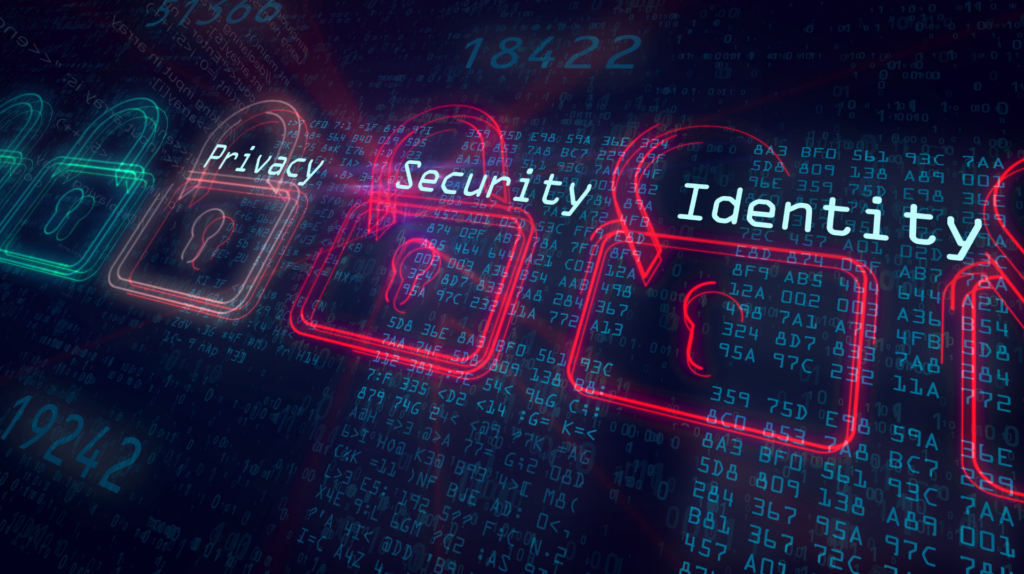In an age where our lives are increasingly lived online, concerns about privacy and data security are more relevant than ever. With cyber threats, data breaches, and invasive tracking on the rise, virtual private networks (VPNs) have emerged as a key tool for protecting personal information. However, many people remain unsure of how VPNs work or why they should consider using one. This guide will break down the basics, benefits, and best practices for using VPNs to safeguard your online privacy.
What is a VPN?
A Virtual Private Network (VPN) is a service that creates a secure, encrypted connection between your device and a remote server operated by the VPN provider. This connection masks your IP address and encrypts your data, making it much more difficult for third parties to monitor your online activities. Essentially, a VPN acts like a private tunnel for your internet traffic, protecting your sensitive information from prying eyes.
How Does a VPN Work?
Here’s a simple explanation of the process:
- Data Encryption: When you connect to a VPN, it encrypts your internet traffic. Encryption scrambles your data into unreadable code, making it nearly impossible for outsiders to intercept or understand.
- IP Masking: Your IP address (a unique identifier for your device) is replaced with the VPN server’s IP address. This masks your location and makes it harder for websites, advertisers, and hackers to track you.
- Secure Server Connection: Your data travels through a VPN server before reaching its destination, adding an extra layer of security and anonymity.
Lorem ipsum dolor sit amet, consectetur adipisicing elit, sed do eiusmod tempor incididunt ut labore et dolore magna aliqua. Ut enim ad minim veniam, quis nostrud exercitation.
Peter Jackson
Benefits of Using a VPN
- Enhanced Privacy: Prevent internet service providers (ISPs), websites, and advertisers from tracking your online activities.
- Public Wi-Fi Protection: Safeguard your data when using unsecured public networks, such as at cafes or airports.
- Bypass Geo-Restrictions: Access content that may be restricted in your region, such as streaming services or websites.
- Avoid Censorship: In some countries, a VPN can help you bypass government-imposed internet restrictions.
- Anonymity: Hide your online identity and browsing habits from malicious actors.
Common Myths About VPNs
- VPNs Are Only for Tech Experts
False. Most VPN services are user-friendly and require little to no technical knowledge to operate. Many providers offer intuitive apps for smartphones, tablets, and desktops. - VPNs Make You Completely Anonymous
While VPNs significantly enhance your privacy, they don’t make you entirely anonymous. Other factors, like cookies and account logins, can still reveal your identity. - VPNs Slow Down Your Internet Speed
High-quality VPNs have optimized servers that minimize speed reductions. However, a slight slowdown may occur due to encryption.
Choosing the Right VPN
When selecting a VPN service, consider the following factors:
Cost: Free VPNs can be risky due to weak encryption or data selling practices. Paid options typically offer better security and features.
No-Log Policy: Choose a provider that doesn’t store records of your activity.
Server Locations: A wide range of servers ensures better speed and access to geo-restricted content.
Security Features: Look for advanced encryption, kill switches, and DNS leak protection.
Ease of Use: Opt for a VPN with a straightforward interface and good customer support.


A VPN is an invaluable tool for anyone concerned about online privacy and security. By encrypting your data and masking your location, a VPN allows you to browse the internet with confidence. Whether you’re protecting yourself on public Wi-Fi, accessing restricted content, or simply valuing your privacy, a VPN is a smart investment.
The digital world doesn’t have to feel like the Wild West. With a VPN, you can take control of your online presence and keep your information safe from prying eyes.
Are you ready to prioritize your online privacy?





1 Comment
Ashton Porter
Duis autem vel eum iriure dolor in hendrerit in vulputate velit esse molestie consequat, vel illum dolore eu feugiat nulla facilisis at vero eros et accumsan et iusto odio dignissim qui blandit praesent luptatum zzril delenit augue duis dolore tefe.